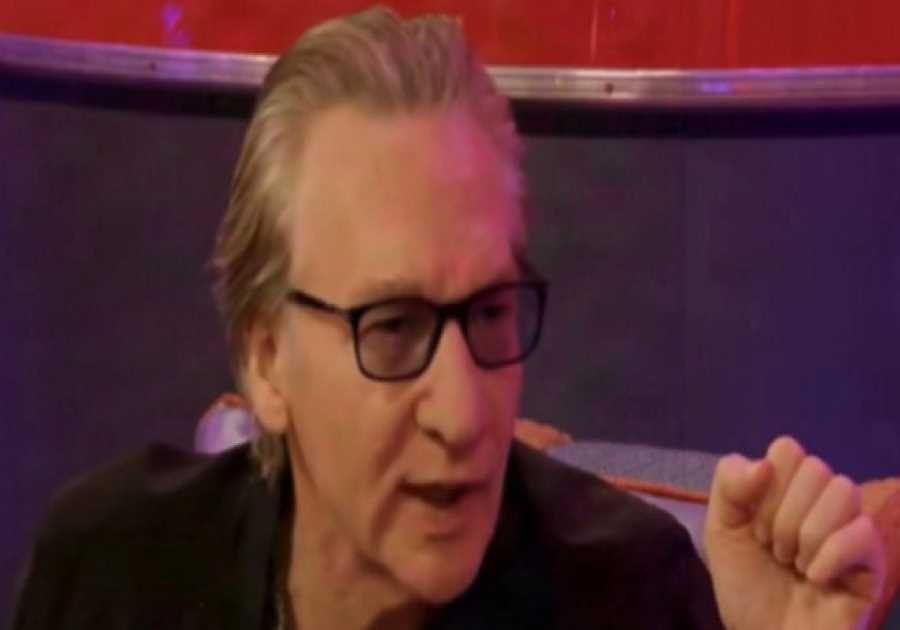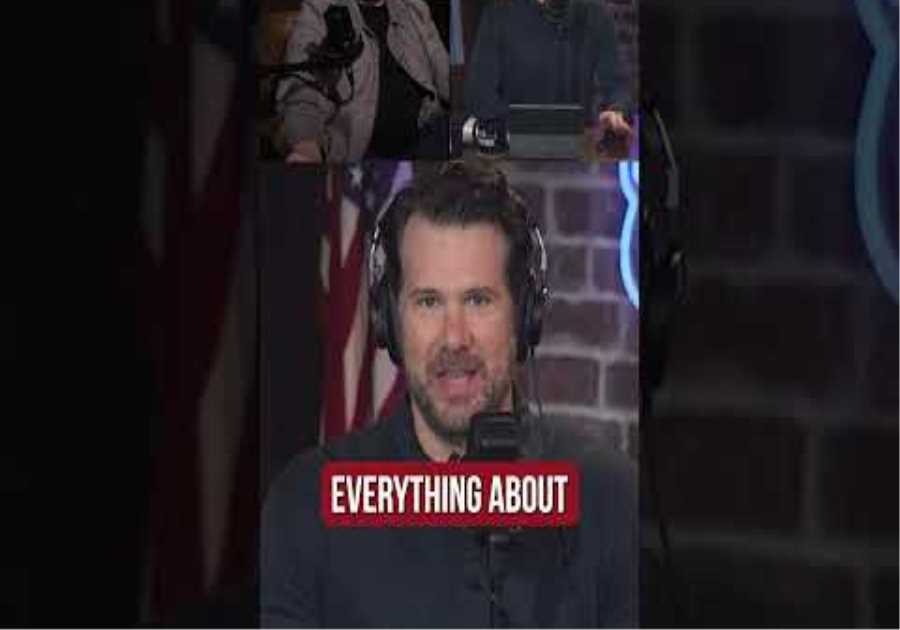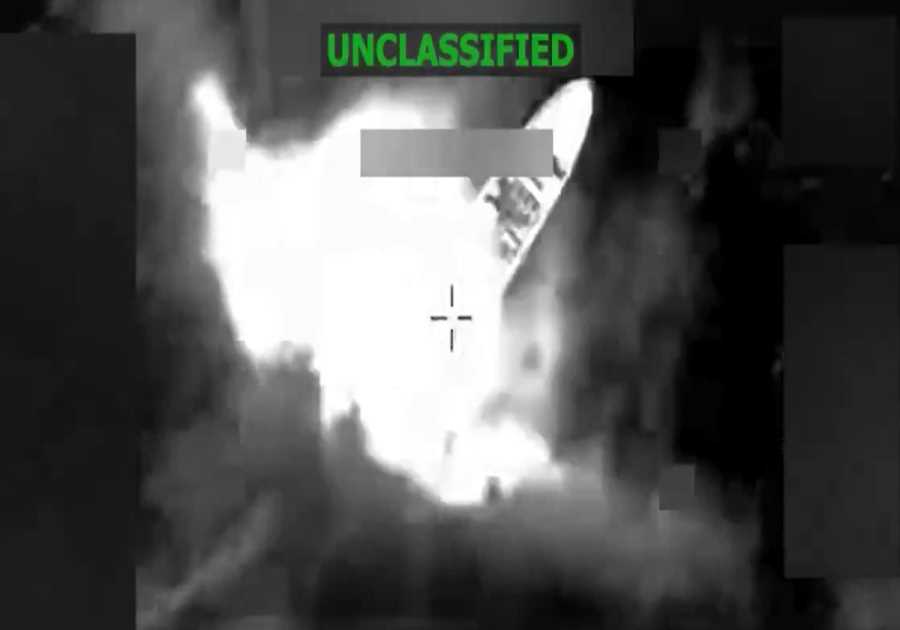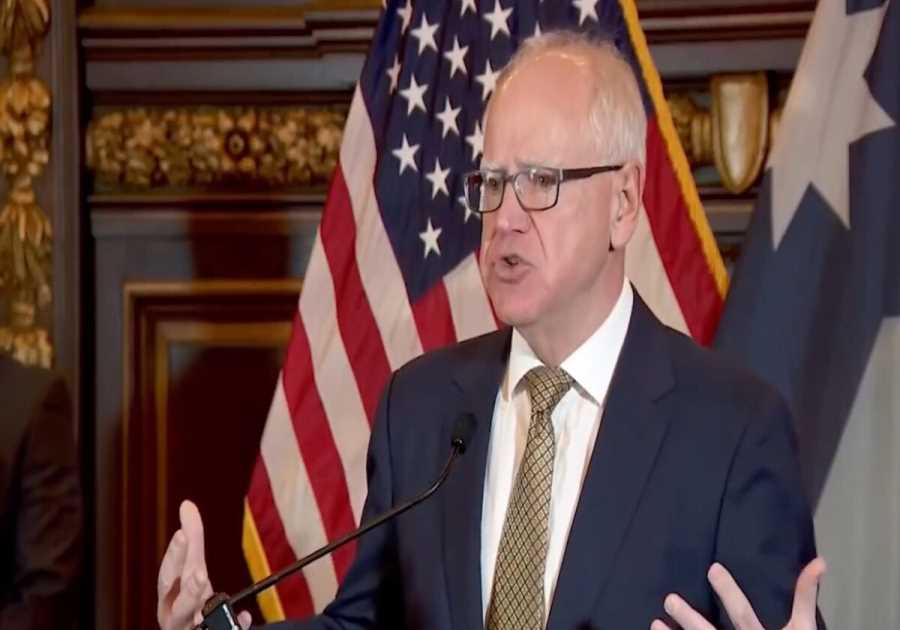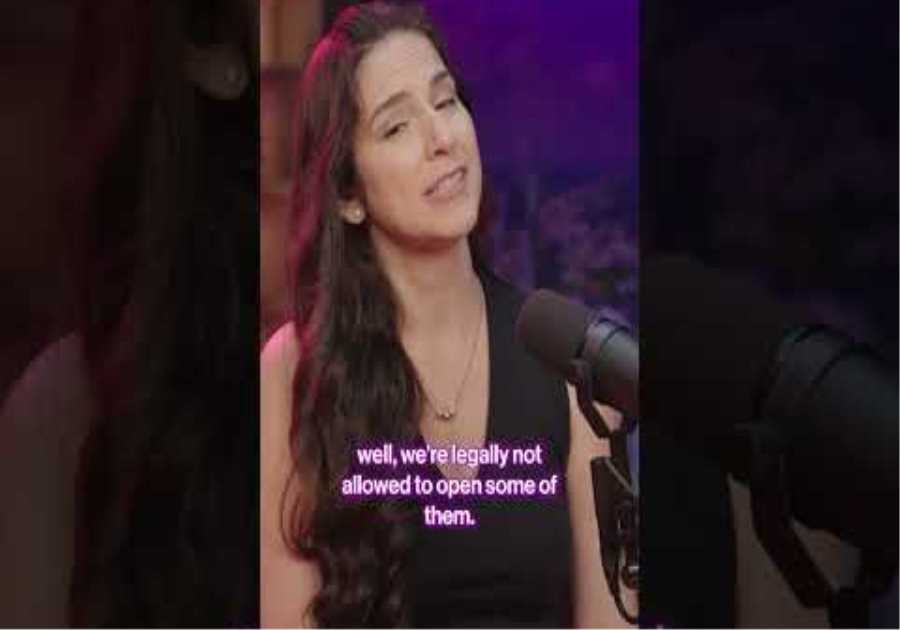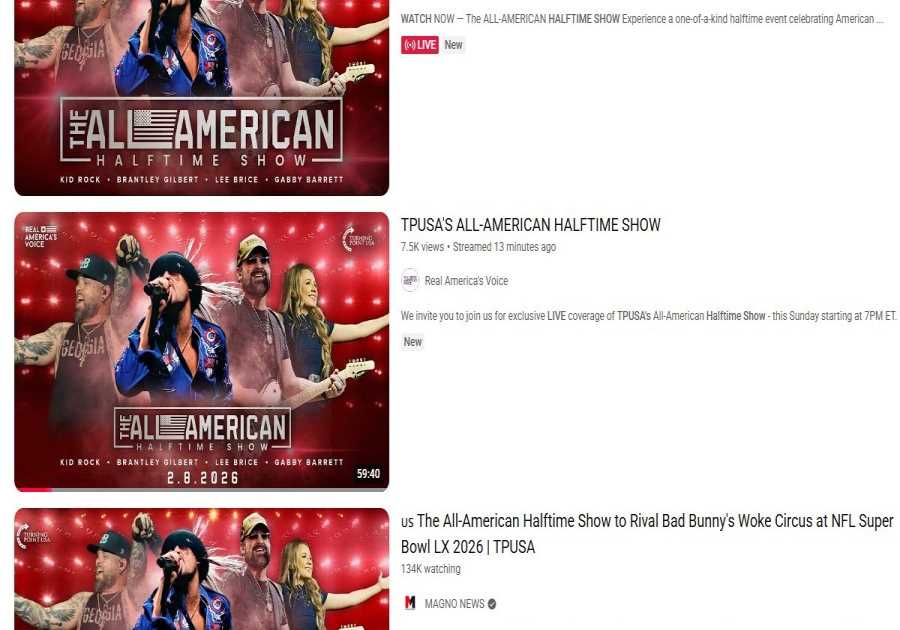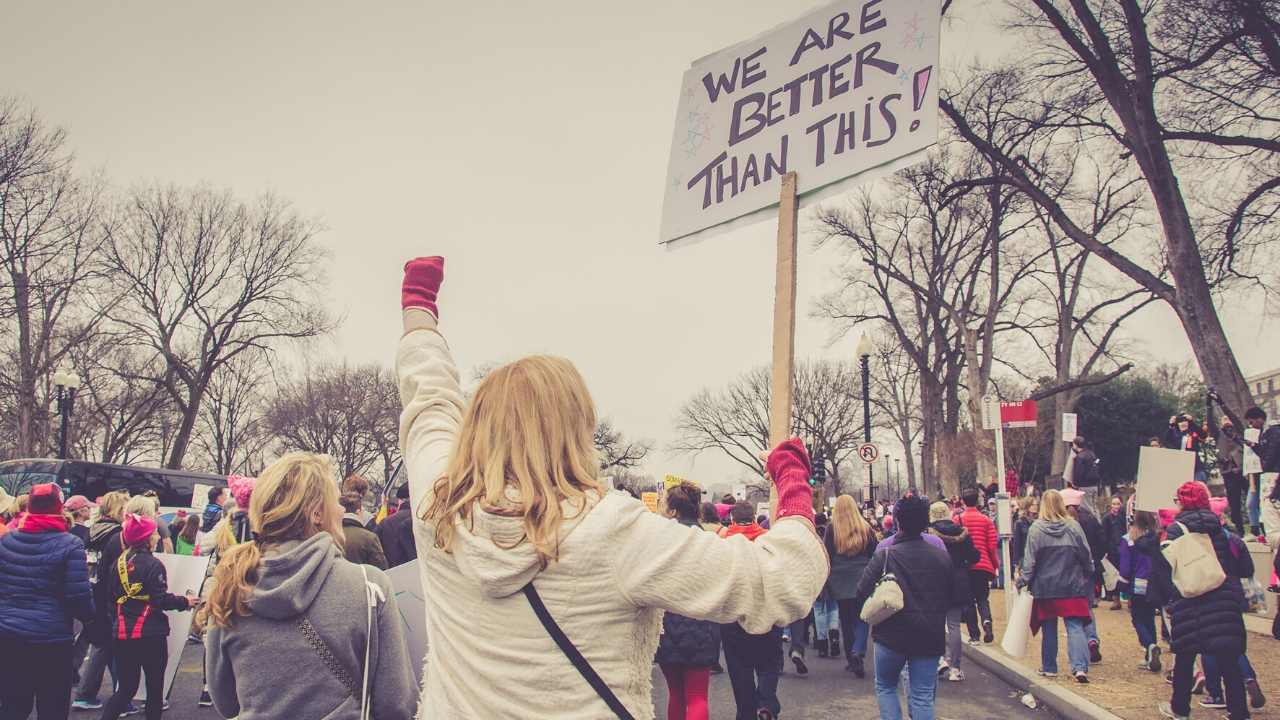
The First Amendment reads like this: "Congress shall make no law respecting an establishment of religion, or prohibiting the free exercise thereof; or abridging the freedom of speech, or of the press; or the right of the people peaceably to assemble, and to petition the Government for a redress of grievances."
That's it. Pretty straightforward. Congress cannot abridge free speech. Cannot. It's not a suggestion. It's not a guideline. It's a prohibition on government power.
Yet we're watching free speech get systematically eroded. Not by law. That would be too obvious. But through pressure. Through social media censorship. Through government agencies working with private companies to suppress speech. Through a culture where saying the wrong thing can destroy your life. And nobody's talking about how dangerous this actually is.
I'm going to explain why free speech matters more than you probably think. And I'm going to show you exactly how it's being attacked.
Listen to the Article
What Free Speech Actually Protects
Let's start with what the amendment actually says. Congress cannot abridge it. That's the legal limit. That's what government cannot do.
But here's what people misunderstand. Free speech is about more than just legal prohibition. It's about a principle. The principle is that you have the right to express your thoughts without fear of retaliation from power. That's foundational. That's what separates free societies from tyrannies.
Every tyrant in history has done the same thing. They've controlled speech. They've silenced opposition. They've made sure people were afraid to speak their minds. Why? Because free speech is dangerous to tyranny. When people can talk openly, they can organize. They can challenge power. They can expose corruption. Tyrants cannot abide that.
The Founders understood this. They'd lived under government censorship. They'd seen what happens when power controls speech. So they put it first in the Bill of Rights. First. Not second, not fifth. First. That tells you how important they thought it was.
How It's Being Attacked Today
Now here's where it gets serious. We're not seeing government directly censoring speech the way dictatorships do. We're seeing something more sophisticated. We're seeing government working with private companies to suppress speech.
Imagine you're a small business owner. You've built something over years. You've got a social media presence. Then you say something political. Something the dominant ideology disagrees with. Suddenly, your account gets flagged. Your reach gets limited. Your posts get removed. You're not breaking any law. You're not violating any platform policy explicitly. But your speech is being suppressed.
How does this happen? Government pressure. Not official censorship. Just pressure. Suggestions. "Maybe you should look at this account." "This content is concerning." "We'd appreciate it if you reviewed this person's posts." Private companies, wanting to avoid government scrutiny, comply. So they suppress speech. But it looks like a private company decision. It looks like they're just enforcing their terms of service. It's brilliant, actually. It's censorship without the government technically censoring anything.
The First Amendment is supposed to protect you from government suppression. But what happens when government pressures private companies to do the suppressing for them? That's a loophole. That's a way around the Constitution.
And it's happening. There's documentation of this. Emails between government officials and social media companies. Requests to remove content. Pressure to suppress accounts. All of it technically legal because a private company did the suppressing. But the effect? Same as censorship. Your speech is suppressed. Your voice is silenced.
Why This Matters Beyond Politics
I know people think this is a partisan issue. The right complains about censorship. The left says it's private companies enforcing standards. But this is bigger than politics. This is about the principle itself.
Here's what I didn't fully appreciate until I thought it through. Once you accept that it's okay to suppress speech you disagree with, you've surrendered the principle. You've said: speech is only protected if we agree with it. And that means when power changes hands, the same suppression gets applied to your speech.
Think about this scenario. You're a progressive activist. Right now, you're happy because companies are suppressing speech from the right. Then a different administration comes in. The same machinery that was suppressing conservative speech now suppresses progressive speech. Now you're silenced. But you already accepted the principle. You already said it was okay to suppress speech.
That's how principles matter. Either free speech is a right, or it isn't. Either we protect unpopular speech, or we don't. You can't have it both ways.
What The Founders Actually Believed
The Founders weren't naive about free speech. They understood that speech could be offensive. They understood that speech could be wrong. They understood that some speech would upset people. And they protected it anyway. Why? Because they understood something crucial. The answer to speech you disagree with is more speech. Not silence. Not suppression. More speech.
James Madison wrote about this. If you silence one person's speech, you've created a precedent for silencing anyone's speech. You've established that power decides what's acceptable. And that's the death of freedom.
John Adams faced this. He was attacked in newspapers. Attacked personally. Attacked for his policies. And what did he do? He didn't suppress it. He responded. He made his own case. He trusted the public to decide.
That's the principle. Not that all speech is pleasant. Not that all speech is true. The principle is that you don't get to decide for everyone what they're allowed to think or say. Power doesn't get to do that. Not in a free society.
The Counterargument and Why It Fails
Someone will say: "But Garrett, what about hate speech? What about misinformation? Shouldn't we suppress that?"
Fair question. I didn't fully think through this myself until I examined what happens when you give government power to decide what counts as hate speech or misinformation.
Here's the problem. The people in power decide what's hateful. The people in power decide what's misinformation. And those definitions change depending on who's in power and what they want to suppress.
Is it misinformation if it's true but politically inconvenient? The people in power say yes. Is it hate speech if it's criticism of a group the government favors? The people in power say yes. Suddenly, you've given power the authority to silence any speech it wants. Just label it hate speech or misinformation. Problem solved. From power's perspective.
This is exactly what we're seeing. Legitimate questions about government policy get labeled misinformation. Criticism of certain groups gets labeled hate speech. All to suppress speech that challenges power.
The answer isn't giving government more power to suppress speech. The answer is protecting speech, even speech we think is wrong, and countering it with better speech.
Where We Are Now
We're at a dangerous moment. Free speech is under pressure like I haven't seen in my lifetime. Not just from government directly. From a cultural movement that says speech should be controlled. That offensive speech should be suppressed. That misinformation should be silenced.
The problem is that once you accept that principle, you've accepted government power to control speech. You've just dressed it up in different language. Corporate censorship. Community standards. Misinformation prevention. But the effect is the same. Speech is controlled by power.
And the people being silenced right now? They're not the only ones who should care. Because once this principle is established, once it's accepted, it applies to everyone. The machinery works for whoever's in power.
Why This Matters for America's Future
Free speech is the foundation of everything else. It's the foundation of democracy. It's the foundation of a free society. Without it, you can't have a free press. You can't have political opposition. You can't have dissent. You can't have the ability to challenge power.
A society where speech is free is messy. People say offensive things. People spread false information. People make bad arguments. It's chaotic. But it's free. A society where speech is controlled is orderly. Nothing offensive. Nothing challenging power. Nothing that disrupts the narrative. But it's not free. It's controlled.
We have to choose which one we want. And right now, we're drifting toward control without realizing it. We're accepting the suppression of speech we disagree with. We're trusting power to use good judgment. We're assuming the people in charge now will always be the people in charge.
But that's not how it works. Power changes. And when it does, the machinery we've accepted will be turned on us.
The First Amendment isn't just about legal prohibition. It's about a principle. The principle that you have the right to speak your mind without fear. That power doesn't get to silence you. That the answer to speech you disagree with is more speech, not suppression.
That principle is under attack. Not obviously. Not through direct censorship. But through pressure. Through cultural suppression. Through systems designed to silence dissent.
We need to defend it. Not because all speech is good. But because the alternative—power deciding what's acceptable speech—is worse.
That's the choice we're facing. And it matters more than most people realize.

